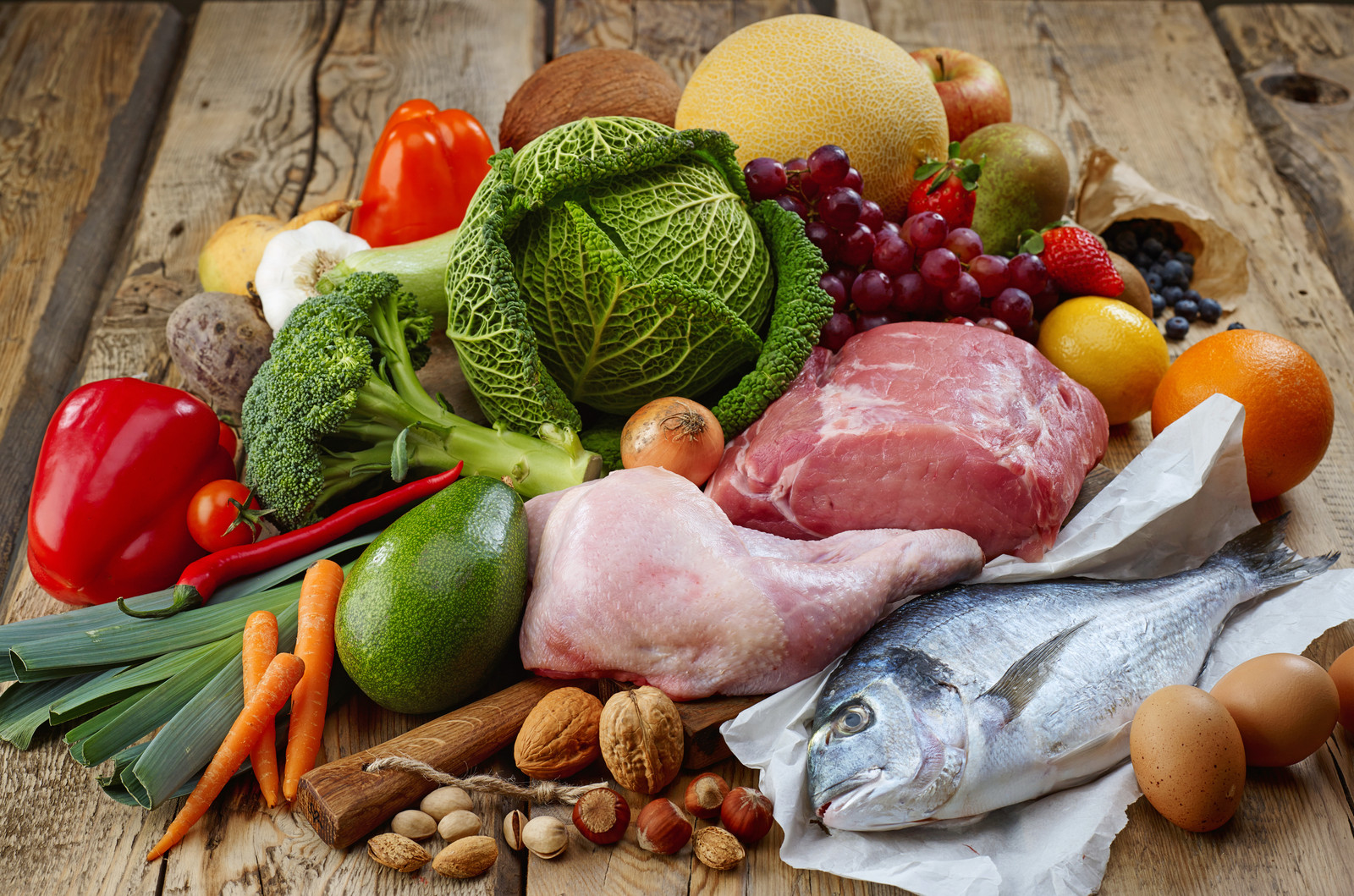HJL,
As to getting rid of accumulations of prepper storage carbs, find some livestock that naturally eats such things. Maybe a local beekeeper could use the sugar over winter. Maybe some chickens can turn it into good eggs or meat.
As to storage, I already mentioned good, organic vitamin and mineral supplements and protein powder, which you can put in bug-out bags. If I have fat on me, I’ll be burning that for a while as I’m bugging out or assessing the local area for wild food, barter, or what I’ve stored. Since I’m not hungry all the time, I can take it more slowly, and if it is temporary, I can go sedentary for a while and huddle in the warmest room with some books.
At least one of SurvivalBlog’s advertisers has long-term storage canned butter. I also look for something like olive oil on sale, especially in bulk, but you need to rotate them, even if you keep them chilled. The original “What’s for Dinner” series had some tips on this. Butter doesn’t need to be refrigerated, it goes rancid from oxidation, so one way is to just keep it under water where it is cool, though I’m not sure how long it stores in this state.
If you have cows, you might get butter, but for meat livestock, there’s tallow or lard. Similar is true for game animals, and the organ meats are usually high fat and nutrient dense.
I’m also looking at oilseeds, like sunflowers. Perhaps other readers can provide ideas of something that is more oily than starchy and grows well in the Redoubt.
For the “if you could do only one thing”, egg laying chickens might be the best alternative to actual storage, but you are likely to get a good surplus when you aren’t grid-down, so you can freeze-dry or maybe sell the surplus. Eggs by free range hens have fairly complete nutrition and you can often get that year round, though they will need feed in the winter.
The Freeze Dryer is the least work for the best results; the worst part is maintenance on the vacuum pump. I would freeze-dry copies of the meals you are eating if they are proper low-carb and don’t contain just oils. (You can’t dry something that is not moist.) Slice, put on trays, push a button, and put in bags is about as minimal work as you can get, and it gives you 25 years.
I don’t know your area, but another possibility is barter now with neighbors. Let them do the high-effort vegetables and livestock; you do the easier ones. You can be the freeze-dry person for the group or provide something else.
Freeze dryed thinly sliced meats become like chips as do leafy veggies, and eggs are like puffs so you can snack on them without re-hydrating or heating. I often freeze-dry and don’t store the food for long-term, as I just eat it out of ziplock bags.
We’re used to a few large, hot meals with a variety of foods, but you can try something different to make it simpler and less work. Bulk scramble eggs then reheat, or do a dozen hard-boiled eggs at a time, put them in a dish, then eat when hungry, not at a specific time. One of the more important low-carb tips is only eat when hungry, and fasting is recommended to accelerate weight loss. You won’t need to cook as often.
You can also just buy freeze-dried eggs and meats and some vegetables, but usually the results aren’t as good as doing your own. There is little work in putting cans in your pantry, though those are basically protein, vitamins, and minerals, and except for eggs and a few meats, have little fat. There are some longer term canned meats, and I already mentioned canned butter. That is a quick way to accumulate the year’s supply with minimal effort but some expense.
You might just want to do powdered or freeze-dried eggs with the Protein Powder and supplements for TEOTWAWKI, and continue your sustainable efforts for a lesser crisis. You have to ask what kinds of disasters and when would they affect your sustainable homestead. If you bug-out, you aren’t going to take a lot with you. If you are sustainable, much less have a surplus, you should only need stores for supplementing your diet or for charity.










